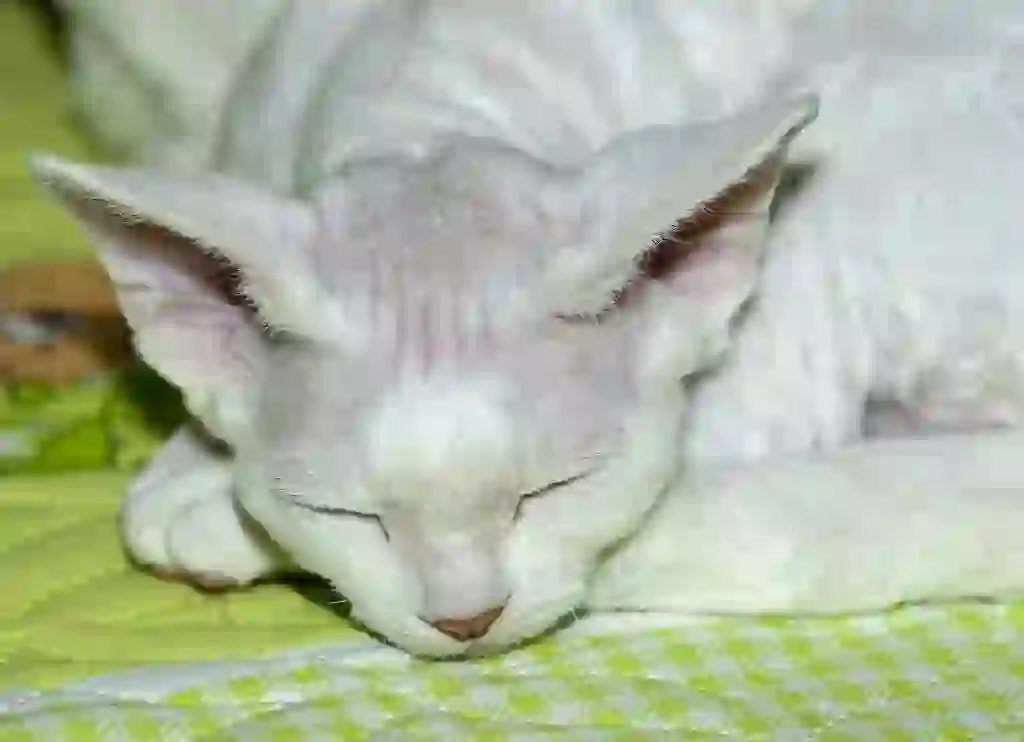
Devon Rex
Devon Rex
Devon Rex
Are you looking for a cat breed that is not only cute but also unique? If so, the Devon Rex might be the perfect breed for you! In this article, we will introduce the Devon Rex, which has a slightly mysterious appearance. Although there are other breeds with unique appearances, the Devon Rex is one of them. Like the Selkirk Rex, it has curly hair, but unlike the Selkirk Rex, it is not very fluffy and has a more restrained volume. Although it is still not very well-known in Japan, this breed of cat has many secrets. Let’s explore those secrets right away!
Devon Rex Basic Infomation
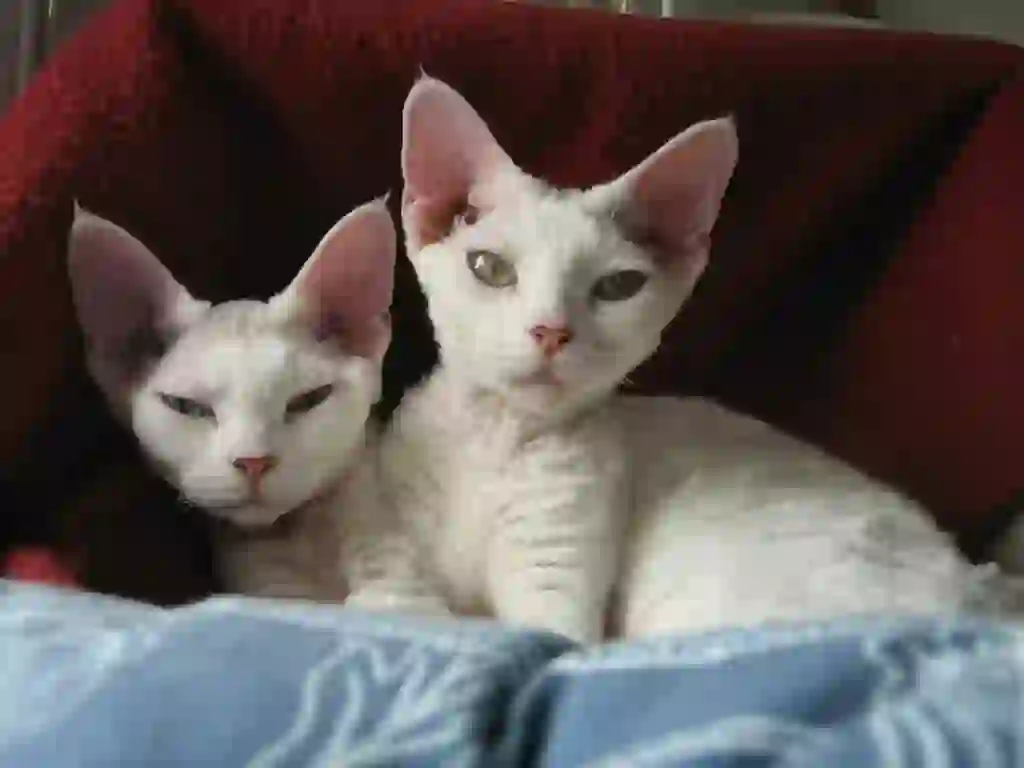
Country of origin United Kingdom.
Weight: 3-5kg.
In the 1960s, a woman named Beryl Cox living in Devon, England discovered a curly-haired cat in her neighborhood. She tried to capture it but failed. Later, she noticed that a cat living in a nearby park had given birth to kittens, and one of them had curly hair.
She named the kitten “Kirlee” and raised it herself. In fact, Kirlee was not the first curly-haired cat to be born; in the 1950s, a curly-haired cat called Cornish Rex had been discovered. At first, Cox thought that Kirlee might be related to Cornish Rex.
She immediately asked a Cornish Rex breeder to start breeding with Kirlee. However, all the kittens born were straight-haired. Cox wondered why none of them inherited the curly hair gene from their parents.
She realized that Kirlee had not inherited the curly hair gene from Cornish Rex but had developed curly hair due to a different mutation.
Kirlee was not related to Cornish Rex, but breeding continued. However, it was difficult to find cats with similar curly hair, and breeding did not progress as expected. At that time, she received advice from a geneticist and succeeded in increasing the number of cats through planned inbreeding. Afterward, it was officially registered as a breed by “GCCF” in the 1960s at an unprecedented speed.
However, after being officially registered as a breed, Kirlee died in a traffic accident in 1970. During that time, Kirlee left many offspring, and breeding continues to this day. In America, it was recognized as a breed by “CFA” in 1979.
Devon Rex Q&A

What is the origin of the name Devon Rex?
Since it was born in Devon, England, it was named Devon Rex by combining the place name and “Rex,” which means curly hair.
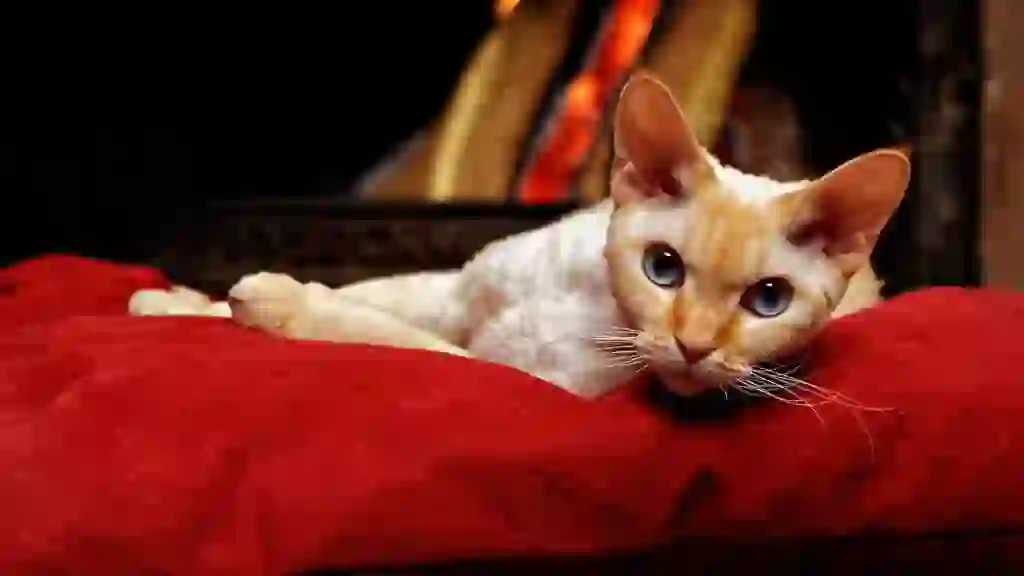
What are the Devon Rex color variations?
Devon Rex cats come in a variety of colors including blue, black, white, red, cream, lavender, chocolate, cinnamon, and fawn.
・Solid color. The entire body is a single color.
・Tabby. The coat has stripes or spots throughout.
・Silver & Golden. Only the tips of the fur are colored, while the base is white or a light color.
・Smoke & Shaded. The top half of the overcoat is colored, while the bottom half is white.
・Party color. The coat has two colors that are randomly mixed together.
・Calico & Bicolor. Half or one-third of the body is white, while the rest is composed of two or more colors.
・Tabbies & White. Half or one-third of the body is white, while the rest has stripes or spots.
・Pointed. Only certain parts of the body such as the head, ears, legs, and tail are colored.
・Pointed & White. Some parts of the body are colored and mixed with white.
Sapphire blue, blue, yellow, gold, aqua, green, hazel, orange, copper, and odd-eyed.
Devon Rex cats are short-haired only.
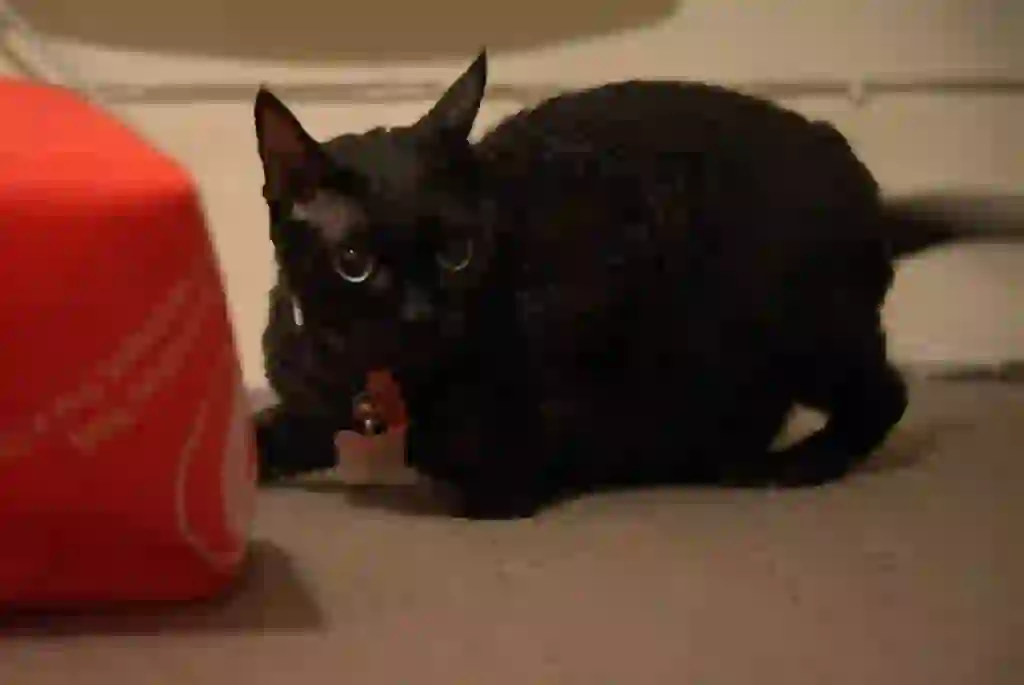
What does a Devon Rex look like?
Devon Rex cats have a wide head, large egg-shaped eyes, and a small face with large ears. They have a semi-foreign body type, and their face and ear asymmetry gives them the amusing nickname of “alien cat.” Devon Rex cats have a muscular and slender body, but their most distinctive feature is their curly hair.
The curly hair of Devon Rex cats is often described as having a velvety texture. However, the curls are actually weak and tend to look more like loose waves.
Cats with curly hair like Devon Rex cats secrete more sebum than other breeds, so they may require more frequent grooming. It is recommended to get kittens used to shampooing and brushing.
However, brushing too much can cause the curls to lose their shape, so it is best to groom the coat gradually while monitoring its condition. Try brushing your cat once every few days to start with.
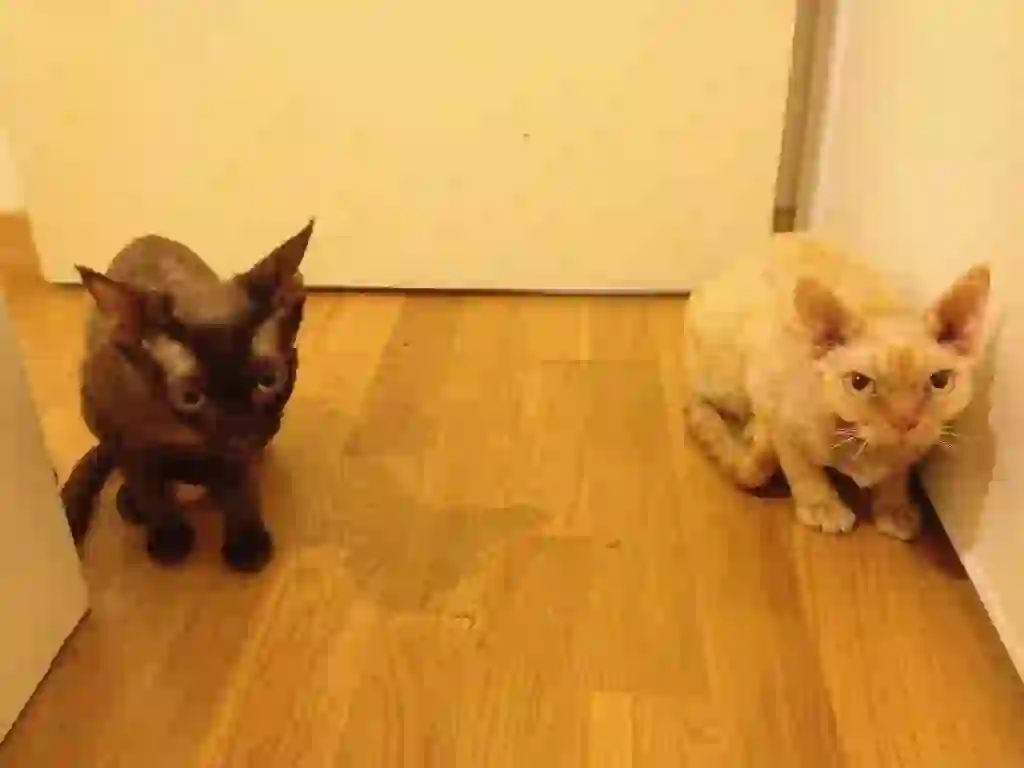
Why do Devon Rex have big ears?
To put it simply, the exact reason is still unknown. Devon Rex cats were bred through planned inbreeding, so they do not have any other cat breeds mixed in, such as Persian or British Shorthair. However, inbreeding can make certain physical traits more prominent, so there may have been an influence from inbreeding.
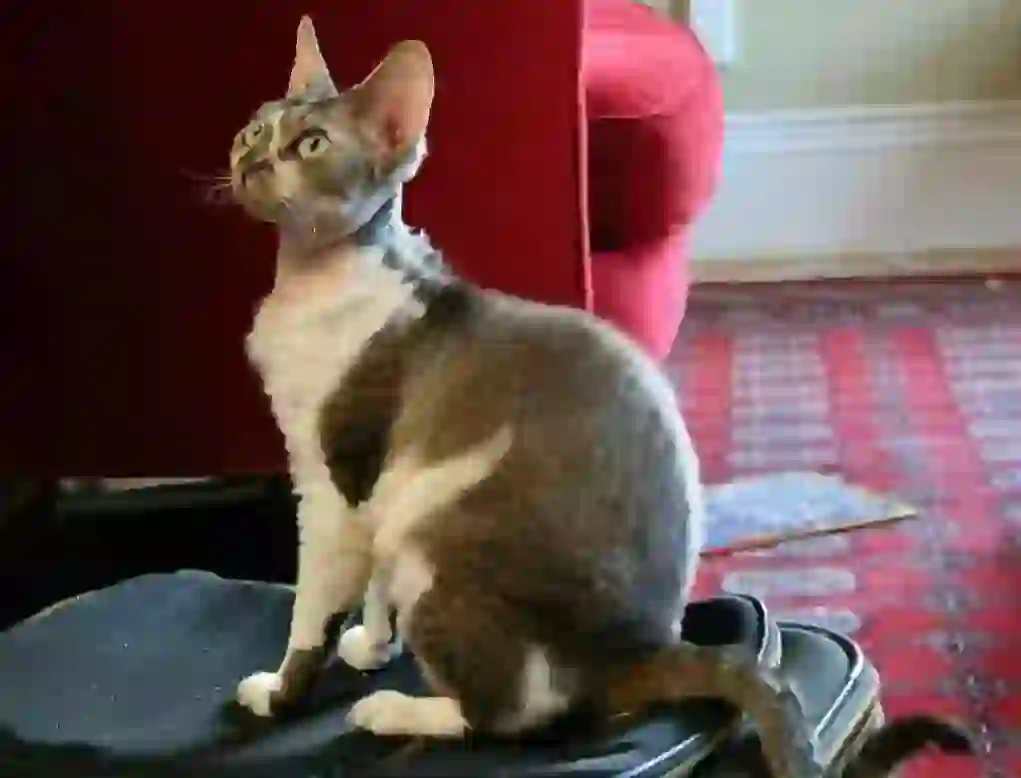
How much does it cost to buy a Devon Rex?
If you want to keep an animal, you need to follow the laws established by each country. This time, we will talk about keeping Devon Rex at home in Japan. Devon Rex is still a rare breed in Japan, so it is rare to see them in pet shops. It is standard to purchase them from breeders or catteries. The price is around 200,000 to 450,000 yen, and it is often set higher than other breeds.
One of the advantages of purchasing from breeders or catteries is that you can confirm the environment in which they grew up and what kind of cats their parents were. Also, since the reliability depends on the breeder’s personality, it is recommended to make a reservation and visit after that.
Even with the same breeder, it is different for “catteries,” which require certification from “CAF” and “TICA,” which are pedigree issuing organizations, to be called that. Cats raised in such catteries are often more expensive than those purchased from general breeders.
By the way, here are some conditions that cause price differences:
・Being a kitten. ・Having excellent pedigree. ・Having rare colors or patterns.
Although there are other conditions, especially if they meet the above conditions, they tend to be more expensive.
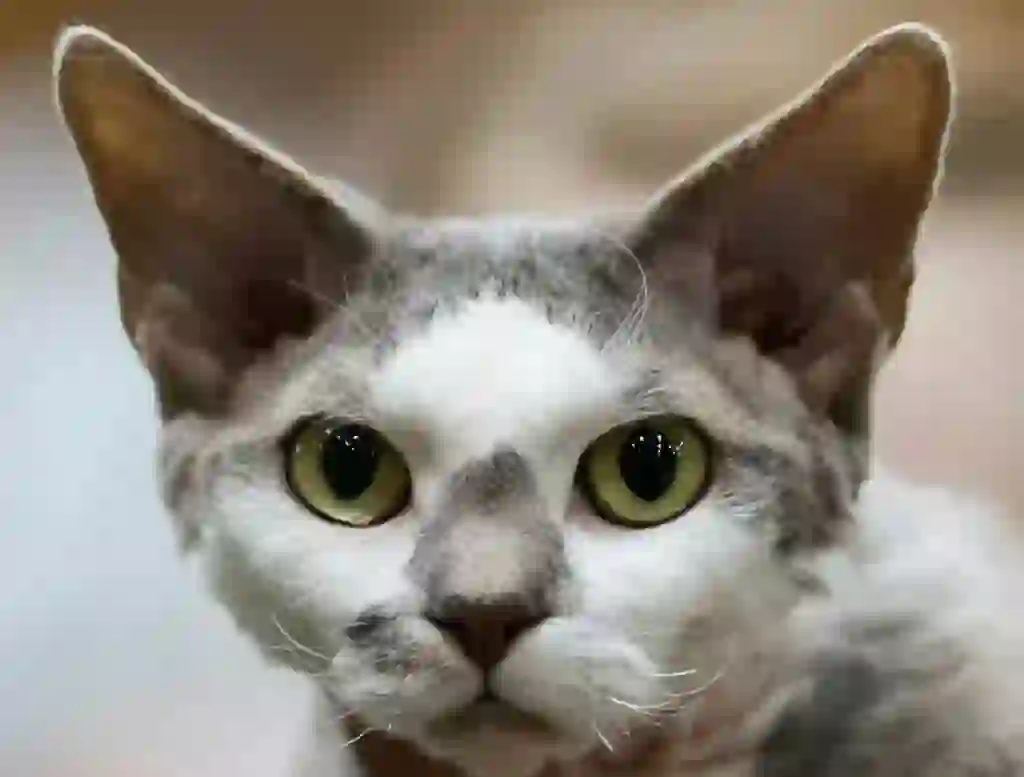
Learn more about Devon Rex's personality and traits!
Devon Rex cats are known for their lively and adventurous personalities and are sometimes called “mischievous fairies.” They are curious and may climb onto their owner’s shoulder to see what they are doing, even when they are working or studying. Therefore, if you want to communicate with your cat and play with them a lot, Devon Rex cats are the perfect breed.
They prefer to be active and move around rather than spend time relaxing. They dislike getting bored. If their owner does not pay attention to them, they may initiate mischief and appeal for playtime. It may be difficult to be together all the time, but please try to make time for communication as much as possible.
Devon Rex cats have a unique way of expressing their emotions that is not often seen in other cats. When they are happy, they express their emotions by “wagging their tails.” Although it is not uncommon to see cats wagging their tails, the point is that Devon Rex cats wag their tails to express “I’m happy!”.
This sight is so dog-like that they are sometimes called “Poodle Cats.” In addition, they are straight-forward in expressing their affection, such as following their owner who is moving around, so they can be a cat that you never get tired of watching.
Devon Rex cats are said to be a breed that is less likely to cause “cat allergies.” These types of cats are called “hypoallergenic cats,” and other breeds such as “Russian Blue” and “Siberian” are also members of hypoallergenic cats. In the case of Devon Rex cats, their hair is curly, so there is less hair loss, which is the allergen, and as a result, allergies are less likely to occur.
However, whether or not allergy symptoms occur varies from person to person, so it cannot be said that it is absolutely safe. It’s more like “less likely to cause allergies compared to other cats.” Therefore, if you have symptoms of cat allergies, it is recommended that you consult with a veterinarian before keeping them. ※If you want to keep an animal, you need to follow the laws established by each country.
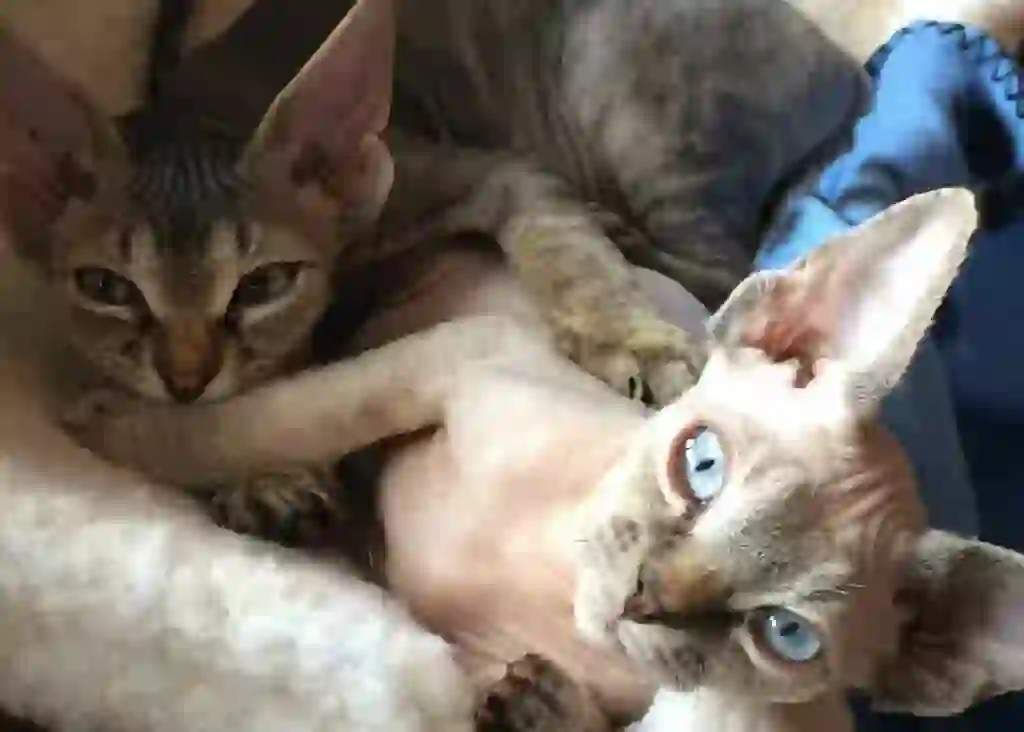
What are the diseases that Devon Rex is susceptible to?
Devon Rex cats are prone to several diseases, including hypertrophic cardiomyopathy, dermatitis, dislocation, and, although it is not a disease, transfusion reactions.
Hypertrophic cardiomyopathy is a disease in which the heart muscle becomes thick, making it difficult for the heart to contract properly. It often develops due to genetic factors, and specific prevention methods have not yet been found.
In some cases, there may be no noticeable symptoms after the onset of the disease. Therefore, it is possible to develop thrombosis and, in the worst case, die before realizing it. So how can you detect the disease early? The conclusion is that regular health checkups are important.
There is no radical cure for hypertrophic cardiomyopathy yet, but the progression of the disease can be slowed down by symptomatic treatment as early as possible.
As we mentioned in the Q&A about appearance, Devon Rex cats secrete more sebum than other cats, and if left untreated, they may develop skin diseases such as “fungal infections” and “seborrheic dermatitis.” It is a disease that can be prevented by frequent brushing and shampooing, so please take good care of your cat.
Dislocation is a condition in which the joint connecting two bones is out of its original position. Dislocation itself can also occur due to injury, but in the case of Devon Rex cats, it can also be caused by joint dysplasia. Joint dysplasia is a genetic disease, so prevention is currently difficult, but there are treatment methods for dislocation.
However, the method to choose depends on the constitution and early detection. If your cat walks strangely, walks with its hind legs dragging, or has a difference in leg length, please visit an animal hospital as soon as possible.
Devon Rex cats are rare among cats in that some individuals have type B or AB blood. If a B or AB type cat needs a transfusion due to an accident or illness, there is a risk of acute rejection if blood other than B or AB type is mixed in. In the worst case, it may lead to death. Therefore, it is recommended to have your cat’s blood tested and know its type in advance.
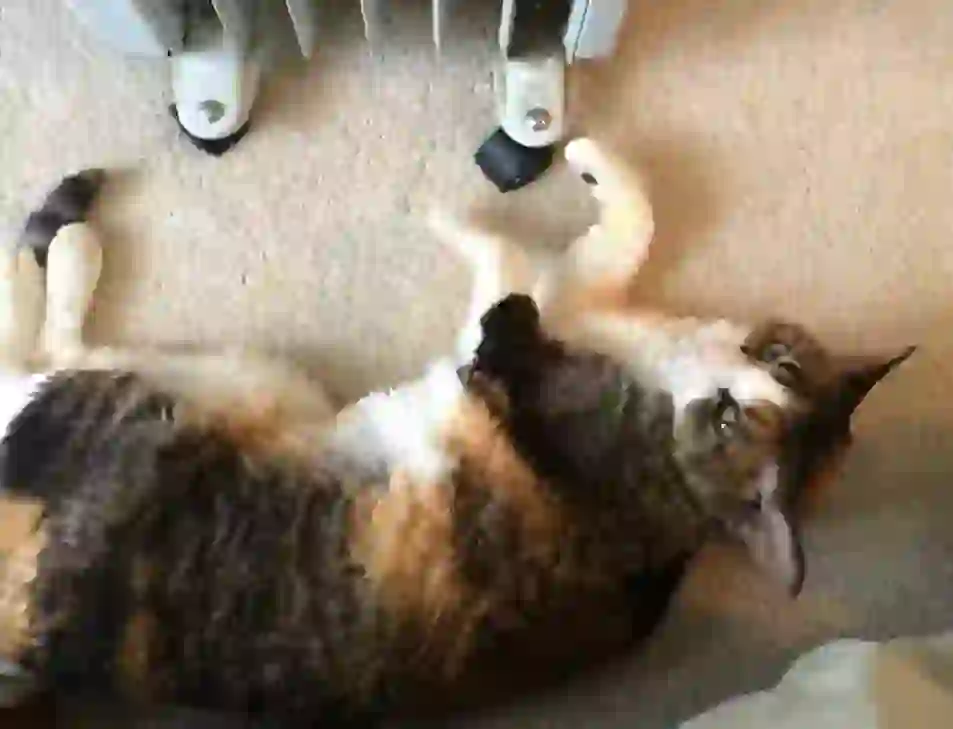
What is the lifespan of a Devon Rex?
Devon Rex cats are said to have a lifespan of 10 to 15 years. This is slightly shorter than the average lifespan of cats, which is 12 to 16 years. However, with proper care to avoid illness and injury, they can live longer.

Would you like to become a part of the 'Animalbook.jp'?
Turn your knowledge into Q&A and share it with the world. ※Publication will be activated after purchase. Let's share information together!
Devon Rex Type of List
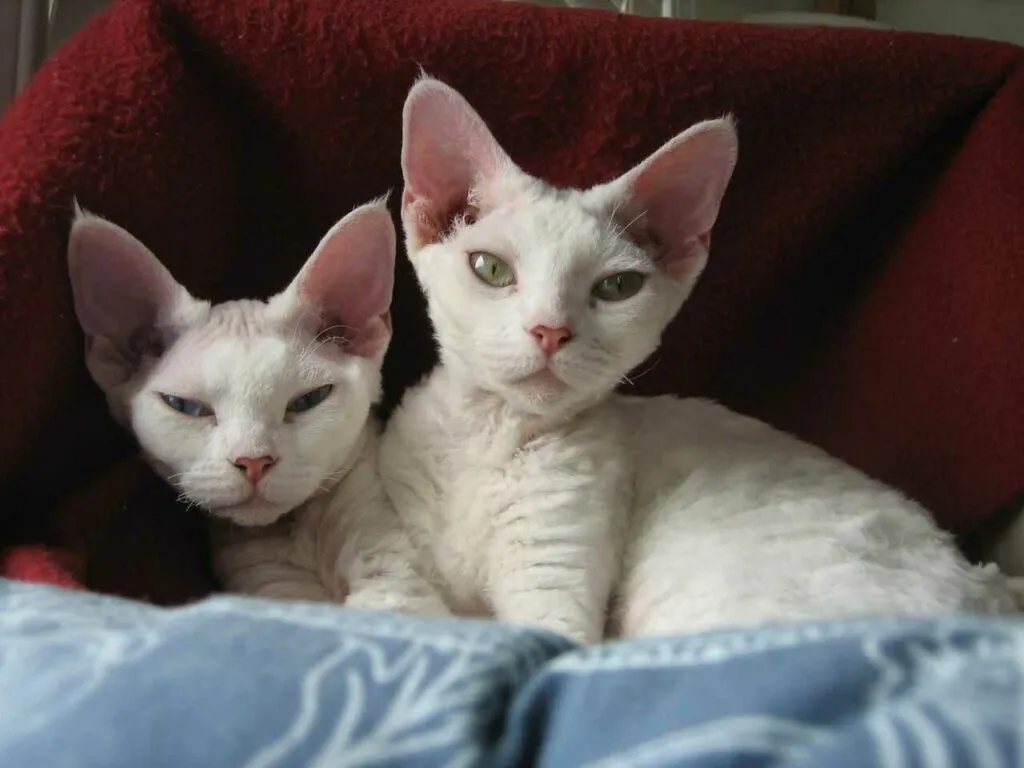
- Devon Rex
Information
Congratulations! You are the first commenter!

Create Your Favorite List!
Devon Rex
Save the animals you love! Build your own list to quickly revisit your favorites later.

Would you like to leave a comment?
※Please note: This is for the purchase of rights to post comments within the article.
Find Your Favorites!
Our shop offers a unique and attractive selection of goods themed around various animals.
Devon Rex References

- まるごとわかる猫種大図鑑 監修:CFA公認審査員 早田由貴子
- 世界中で愛される美しすぎる猫図鑑 監修 今泉忠明
- The Cat Fancier's Association, Inc. https://cfa.org/devon-rex/
- 猫との暮らし大百科 https://www.anicom-sompo.co.jp/nekonoshiori/
- みんなの猫図鑑 https://www.min-nekozukan.com/
- Pet Smile news forネコちゃん http://psnews.jp/cat/
- 子猫のへや https://www.konekono-heya.com/sitemap.html
- ねこちゃんホンポ https://nekochan.jp/
- 公益社団法人 埼玉県獣医師会 https://www.saitama-vma.org/topics/猫の遺伝性疾患について/
Devon Rex Introduction of media used

出典:https://pixabay.com/images/id-2740865/

出典:https://commons.wikimedia.org/wiki/File:Devonrex.JPG

出典:https://commons.wikimedia.org/wiki/File:Devon_Rex_Izzy.jpg

出典:https://commons.wikimedia.org/wiki/File:DevonRexKittens.jpg

出典:https://commons.wikimedia.org/wiki/File:Devonrexheater.jpeg
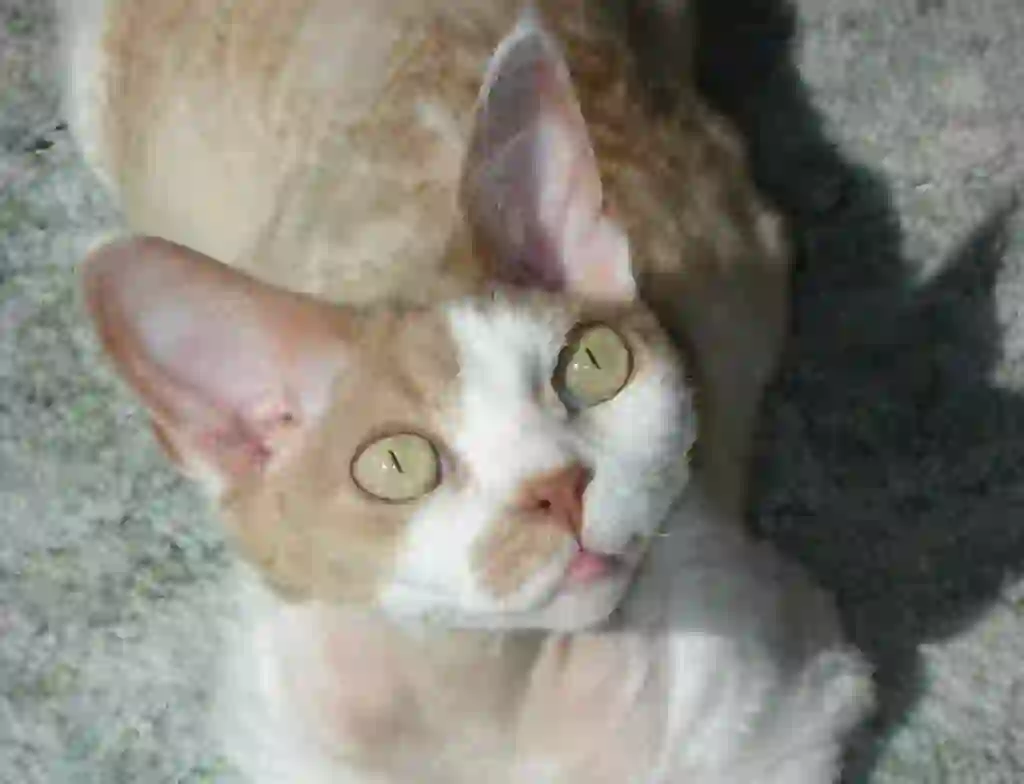
出典:https://commons.wikimedia.org/wiki/File:DevonRexCat.JPG

Help Enrich Our Animalbook.jp with Your Media!
We are constantly looking to expand and enrich our Animalbook.jp with amazing photos and videos of animals. If you have any media that you'd like to share, please contribute and help us showcase the beauty and diversity of the animal kingdom. Your submissions will be credited and featured in our encyclopedia, reaching a wide audience of animal lovers.
















